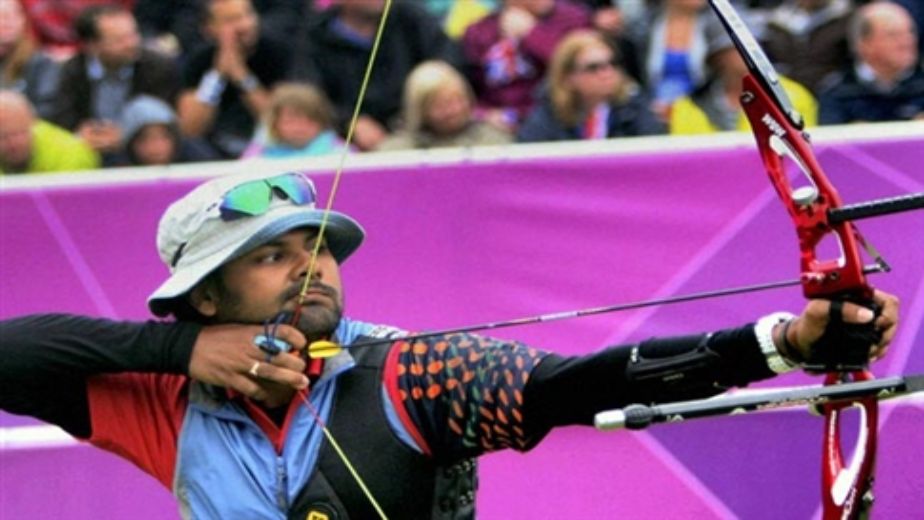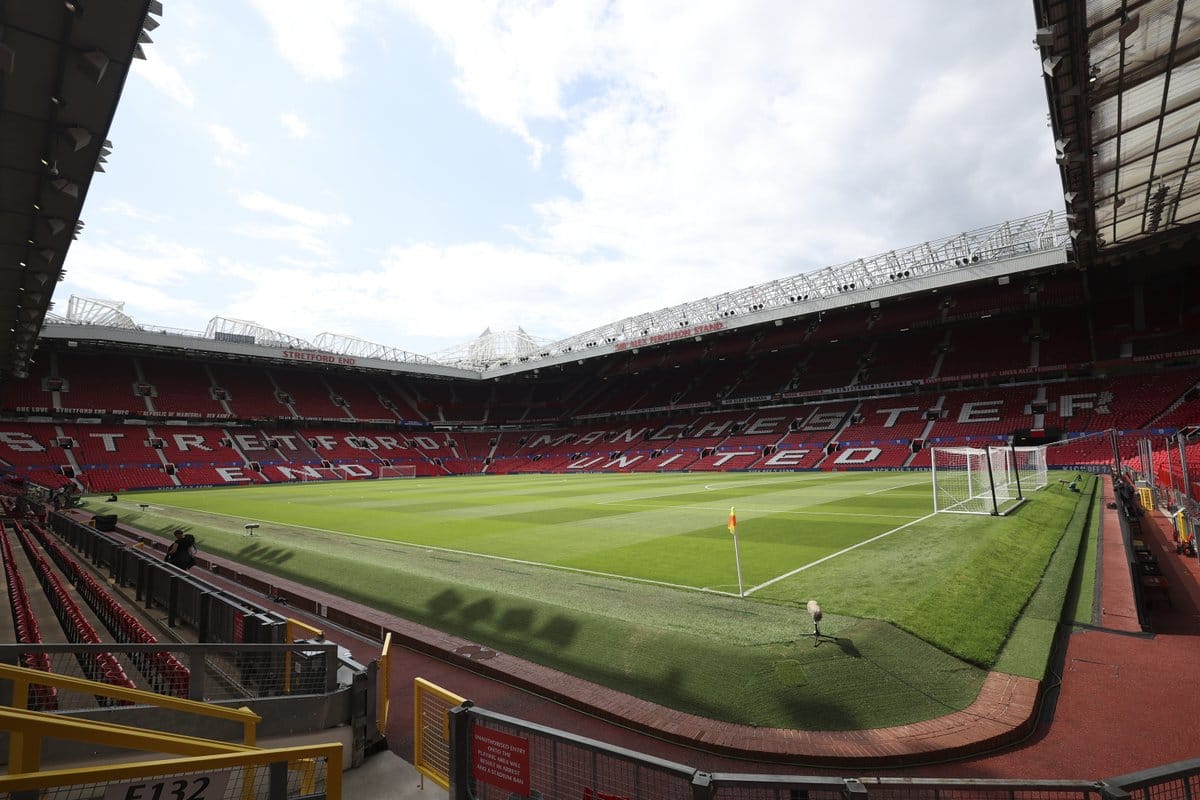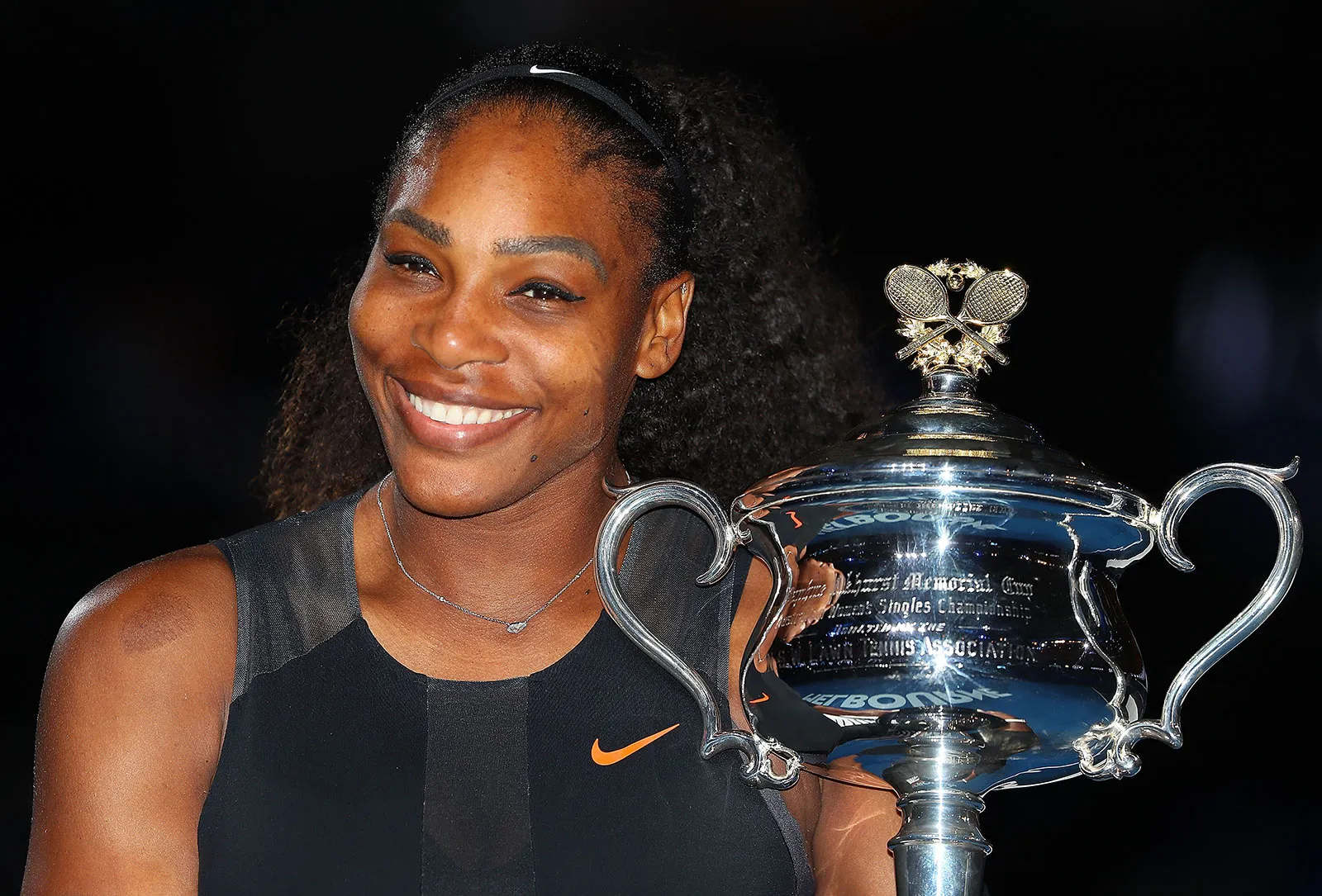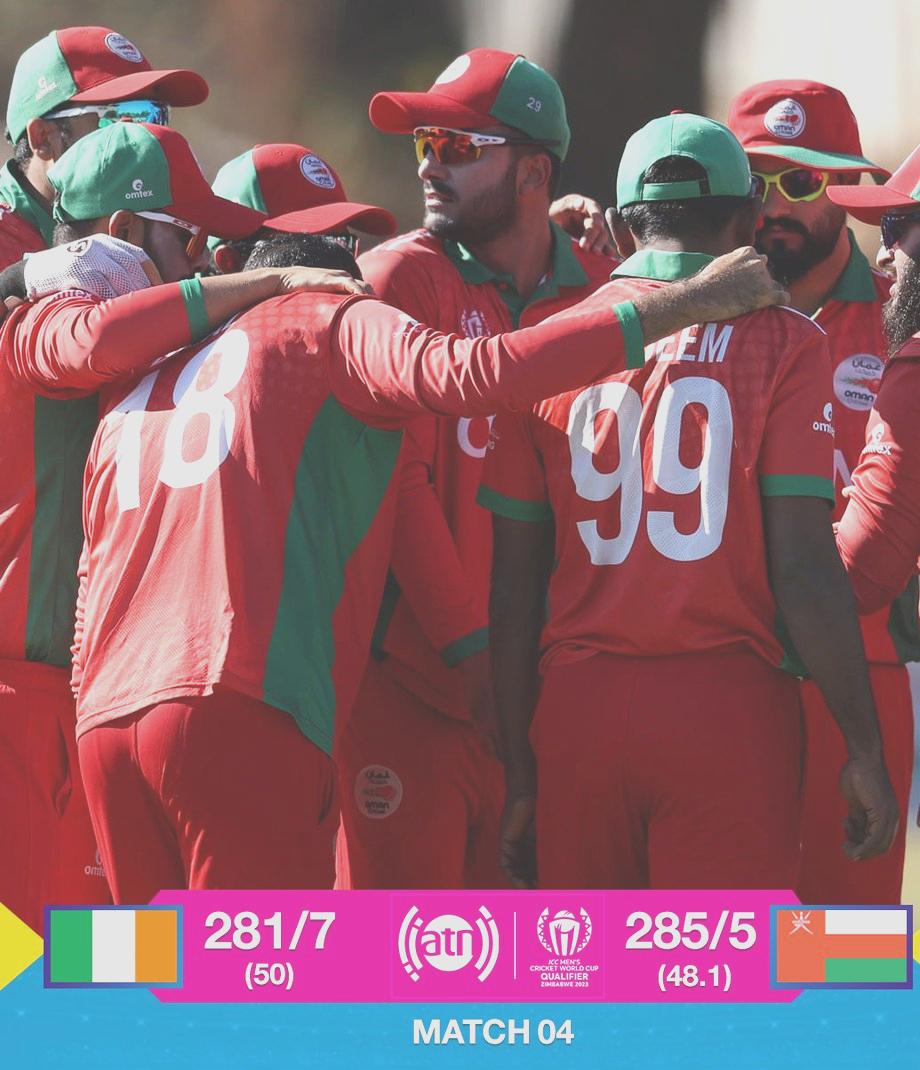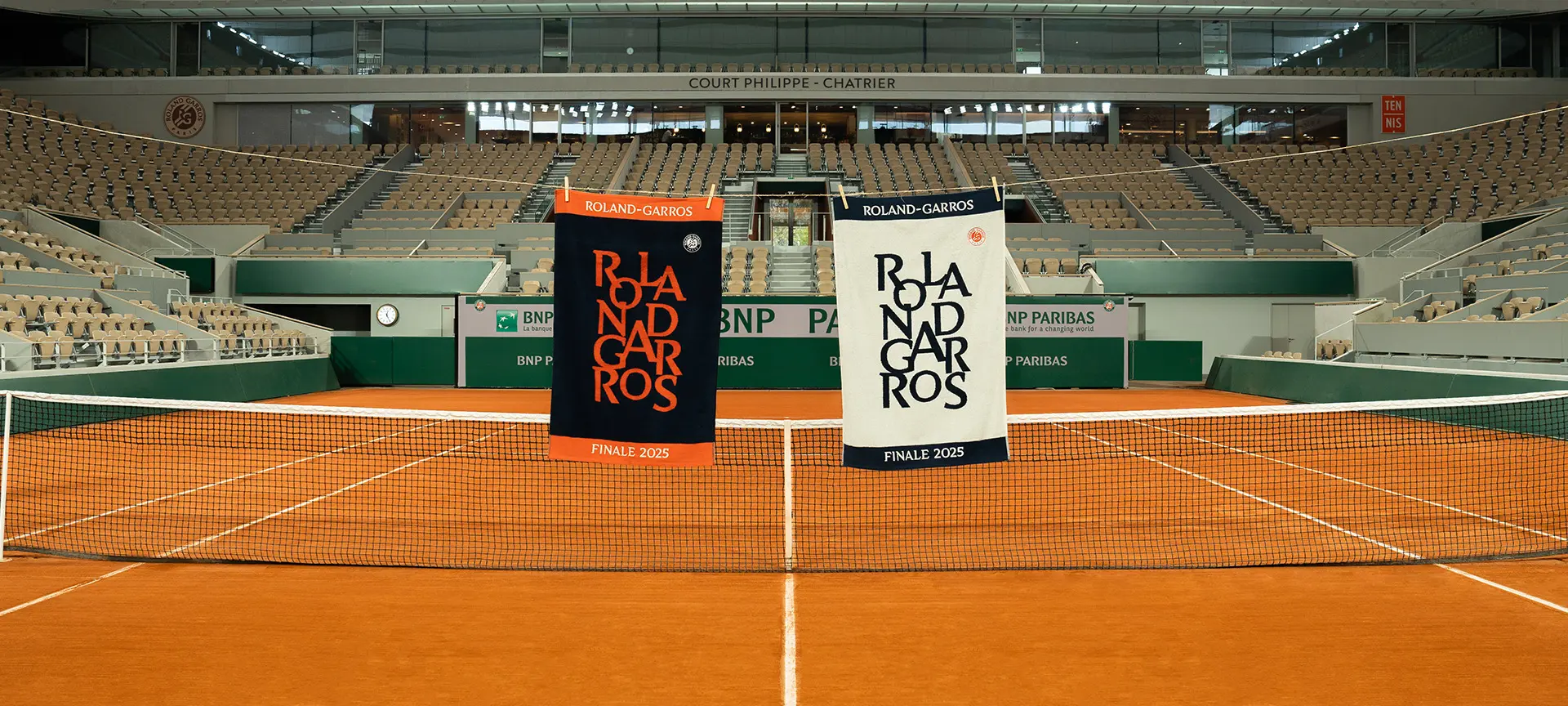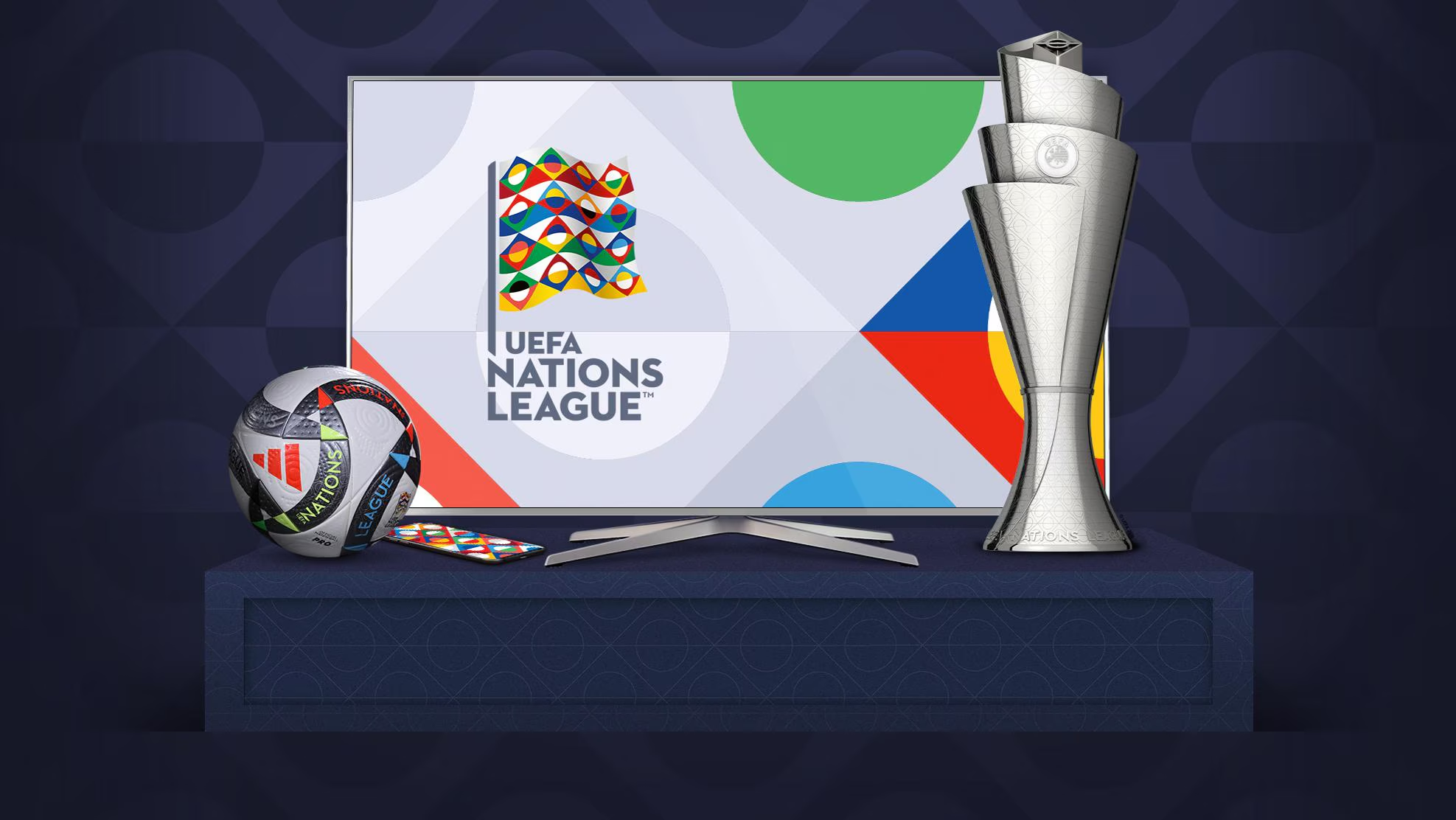Ace Indian archer Rahul Banerjee has played an important part in putting the nation at the forefront in archery with achievements at the national and international stage. From winning gold medals at the World Cup to Olympics appearances, he has been there and done that and now sets his sights on giving back to the sport that has made it all possible.
In an exclusive interview with SPOGO, Rahul Banerjee spoke about his journey so far, the influence of his sister, the Dola and Rahul Banerjee Sports Foundation, challenges archery faces at the grassroot level, India’s chances at the Tokyo Olympics and his plans for the future.
How big of an influence has your sister Dola Banerjee been in your journey as a professional archer?
My sister is a huge support, not just when I started doing well but right from the time I began archery. I didn’t have much interest in archery at the age of 8 or 9 but my parents pushed me to do archery because my sister was doing well. Initially it was really boring because you have to stand in one place. I slowly gained interest and got a medal at the state level and got recognized by my school principal in the auditorium during the morning prayer. This helped me gain interest in archery but it’s a sport where equipment is necessary. In the bow, there are about 15 to 18 parts from all over the world. There is equipment from Korea, US and Germany and affording it at that time was very difficult. I started with my sister’s old equipment and later when she was working at Tata Steel, whenever she travelled for international tournaments, she would get me equipment from the money she earned. Dola has been a huge support for me.
How different is the preparations for the Olympics compared to any other tournament?
The preparation for the Olympics is definitely different from other tournaments. The preparation is different not technically but mentally. Out of the 92 or 93 teams, only 12 countries qualify for the Olympics and the top 32 archers from around the world. Even participating in the Olympics is a huge thing so to reach the podium the preparations should start at least 2 to 3 years in advance.

How important is mental strength to be successful at the highest level?
If the total score is 360, all the top archers are shooting the same score either in training or at tournaments. What separates them is the mental strength and preparation. Everything can go wrong if you’re not prepared at the tournament. At the highest level in archery, 80% is mental at times because in the elimination round you are facing 1 to 1 and have to be mentally strong to win. The pressure is completely on you since it’s not a league match but an elimination round and if your opponent has shot 10 and you have shot 9 then you have to shoot one arrow more to break the tie breaker which is very tough because your opponent will shoot first and you will shoot second or vice versa and it requires strength not just mentally but also you must be confident in your shooting. How will you be shooting, what will be your mental preparation before and during shooting, that’s the most important. I will not say meditation but mental strength and visualization is very important because you have to be prepared with your technique, for your opponent and the environment around you. Sometimes it could be rain, heavy wind which can move from different directions which requires careful planning and focus. Mental preparation is very important for any tournament in archery.

You and your sister started the Dola and Rahul Banerjee Sports Foundation in 2015. What motivated the two of you to begin such an initiative?
I had a plan and suggested to Dola that we should do something for others because even though we haven’t experienced poverty, we did face poverty in archery equipment. We were from a middle class family and when we needed equipment or coaching, we didn’t get enough support. Initially, it was my plan to start a foundation or a training center so that we could support others with our old equipment and help others with our technique and knowledge. Archery lacks grassroot level training and the basics of any sport is very important. That’s why the Koreans are very consistent and have been doing well since the last two decades because their basics are very strong and have high performing players that compete with each other. They are very consistent, the top 20 archers have a difference in scores of just 1 or 2 points. The objective of the foundation is to at least give basic training to archers because the basics is the most important. In India, even though there are a few academies that are still focused on basic training, most of the coaches, players, organizers and NGOs are only supporting the top archers. The support at the grassroot level is still lacking but my idea is that we can work full fledged in this foundation after we stop playing archery professionally. We want to give back to this sport, without archery I won’t know who I am. At least we’ll be connected with archery and do something for the community.
What are the challenges that are faced at the grassroot level to develop future archers that can compete for their country?
The most important thing is to convince parents. They don’t understand that the Government provides support to not just archery but several sports with ‘Khelo India’ and with many other state government initiatives and that there is a future in sports just like we have in academics. Sports is the next big thing in India. If they are thinking of a secured job, a national level player can get a government job. Not everyone can become a doctor, lawyer or an engineer but in sports you have better chances. If you are focused you can win a medal at least at the National level. The biggest problem we see is the parents’ inclination towards studies. Yes it’s important but it’s not everything, for example the popular belief is that archery is only a rural and tribal sport but it’s actually it’s not just that, it requires a lot of technique and sharpness. In my opinion two things go into making a good archer. A coach’s eye and an archer’s brain. The coach, especially in a sport like archery, should be sharp enough to immediately catch a player’s mistake at an initial level, so that mistake doesn’t get big and gets corrected quickly in a shorter frame of time. If a coach is not focused enough on the mistake and doesn’t correct it or a good player doesn’t correct the mistake that the coaches are pointing out about the various physical technicalities, then it gets problematic because he is not able to understand. Here’s where studies and basic knowledge are important. In India, parents are scared if their children spend 5 hours a day in sports because they won’t find the time to study and will end up failing their exams. They need to understand that archery is a sport not only of concentration, but of stability, focus and strength. If a child improves in all these four fronts, he will definitely excel in studies as well. This is what we are trying to create awareness about. I understand that not everyone can be a national player, but if a child gives it a try for at least 2 years and is unable to play at that level, his studies won’t be disturbed. Bengali parents are more into football and academics so these are the issues we face, along with that we need a 70 m ground and equipment. We have started a training centre in Lake Gardens, we have also started an archery academy with the West Bengal government, a fully residential academy. It’s free of cost, even the studies, they also give scholarships. Basically everything an archer needs to pursue the sport. We have very good coaches. I’m glad my sister and I have been able to start something like that. Funding is the biggest problem for a personal academy, for example, if there are 10 kids, we have to support 2-3 kids because they can’t even afford minimum fees. Archery is a bit expensive, we have been doing things at personal level but we are also thinking of connecting to Khelo India. Many interested people don’t take up this sport because they think it’s extremely expensive even though it’s not, you can start with the bare minimum equipment . We didn’t have this facility at our times, but now if you get a medal at junior or sub junior level, you get a good amount of money to buy your own equipment and support your family. So these are the problems we are facing and trying to overcome, hopefully we will do better.

What are your hopes for the Tokyo Olympics? Are you optimistic of India winning medals in archery?
Definitely, this year we have a very good chance of winning medals. Especially in the mixed team team as it’s the first time a mixed team event has been introduced. Though our women’s team is yet to qualify but hopefully they will qualify. We have Deepika Kumari who has already qualified, our men’s team has qualified, Tarun, Praveen and Atanu have been doing really well. At the Olympics, there are many thoughts running in the mind and holding your nerves during alternate shooting is important. If you clear your mind of these thoughts and focus only on the game then definitely there is a chance to win medals at the Tokyo Olympics. I think this is the best team that has ever participated in the games.

How challenging has it been to continue training amidst the lockdown and the COVID-19 restrictions? What have you been doing to keep yourself sharp?
I had a shoulder injury two years ago so I have been recovering since the last one year. One positive of the lockdown was I got a break to recover from my injury. Ialso became a father in February last year and got to spend a lot of time with my daughter. For the first two-three months, I had rigorous training in my drawing room at home. Training at home gets a bit tough when you have children around, the negativity of lockdown and tournaments getting cancelled made me start losing interest. Nevertheless, I started doing yoga and working out on my rooftop. That’s how I spent my lockdown. Now I realise that during the eight month break, the ones who were left in their training centres like Tarun and others were lucky as they had full fledged training and fitness sessions. All this gets a bit tough while at home. For the last 2-3 months I have been preparing for the next year under a Korean coach at the Tata Academy so it was a tough time for me as I am starting from scratch because the coaches started from basic, 10 metre shooting, like a beginner. Hopefully by the end of March, I’ll be back on track with distance shooting. Other than that, the lockdown wasn’t all that bad for me.

What is your message to aspiring archers in the country?
The first thing is that archery is training, training and training under the supervision of coaches. That’s of paramount importance because we have a lot of archery knowledge and techniques available on YouTube but you must consult a coach and follow a schedule or regime your coach has set. You need to put in a lot of hard work, you need to shoot as many arrows as you can as the more you practise, the more your technique will improve. Being confident in your technique is important. My message for aspiring archers would be that archery is not an easy game, but if you are passionate enough, you can do really well because it’s the kind of game that teaches you a lot. I’ve been practising archery for the last 25 years and I cannot say that I know everything about archery as every 2-4 months you discover or come across some new mistake or faults, and thus even at the top levels you can come down. You need to have a control over your emotions and archery teaches you this. Last time at the Olympics, the world no. 1 lost in 1/32 match. That’s why archery is a totally unpredictable game. So many world number ones lose in the first match itself. My 3 mantras for archery are – patience, hard work and focus. You can be a good archer if you have all these.


